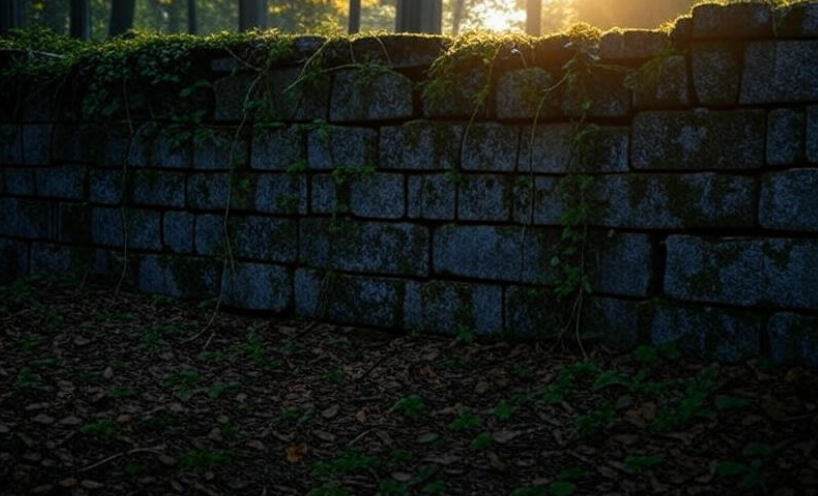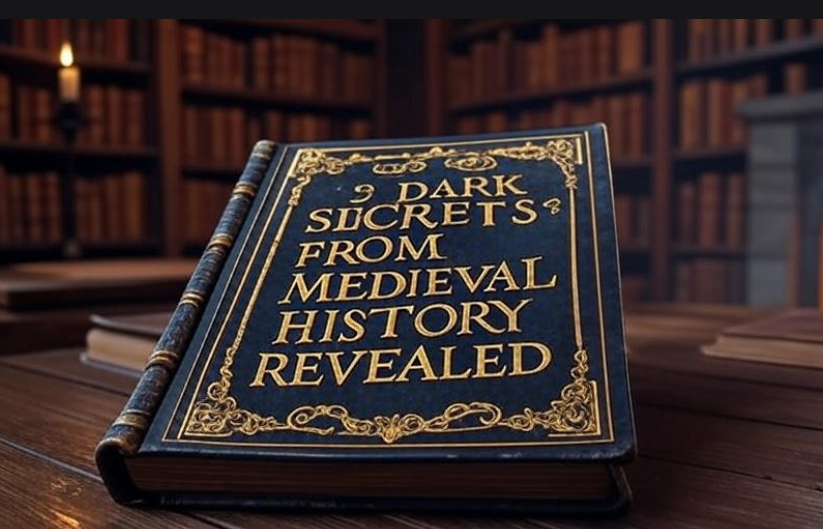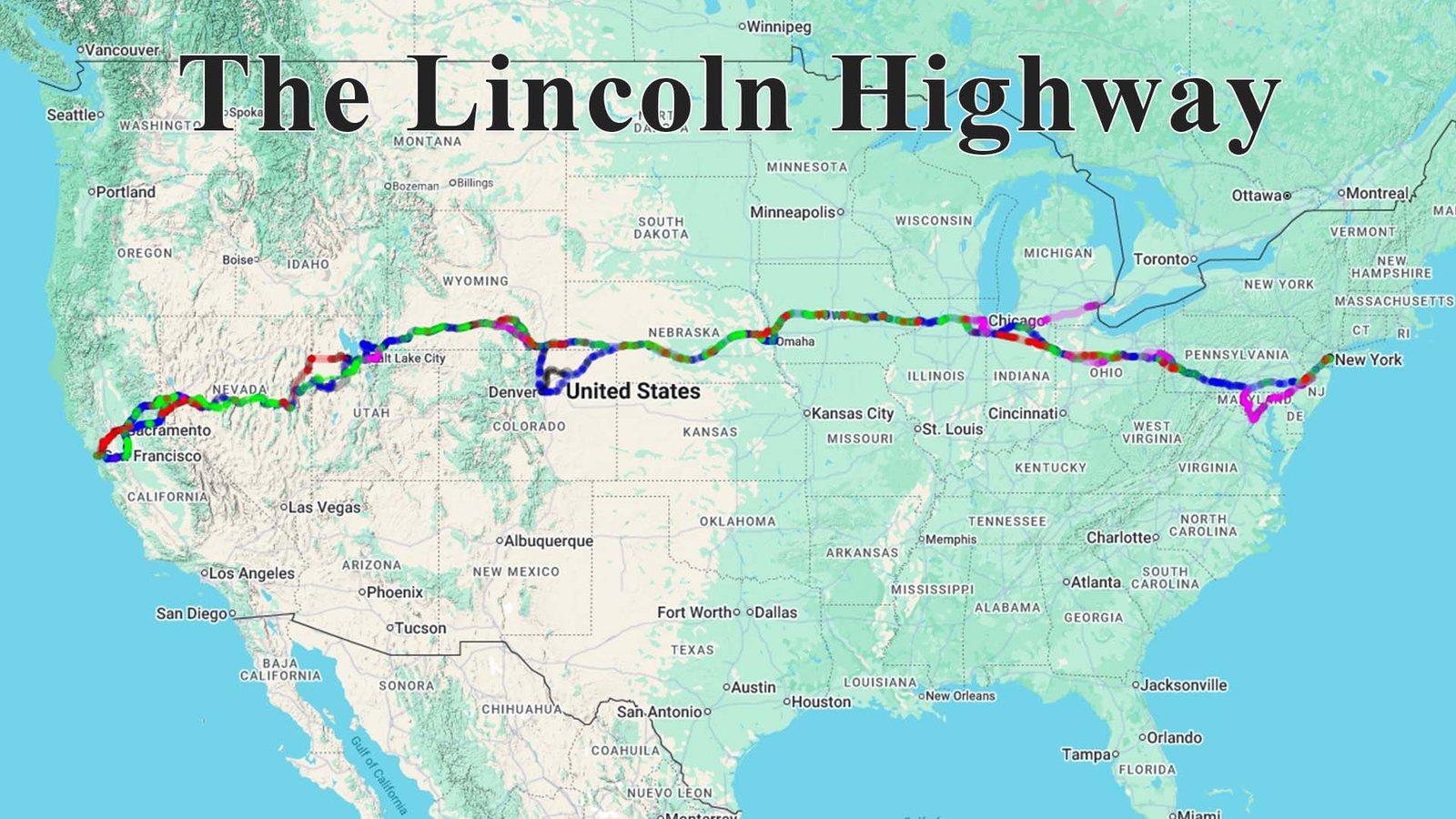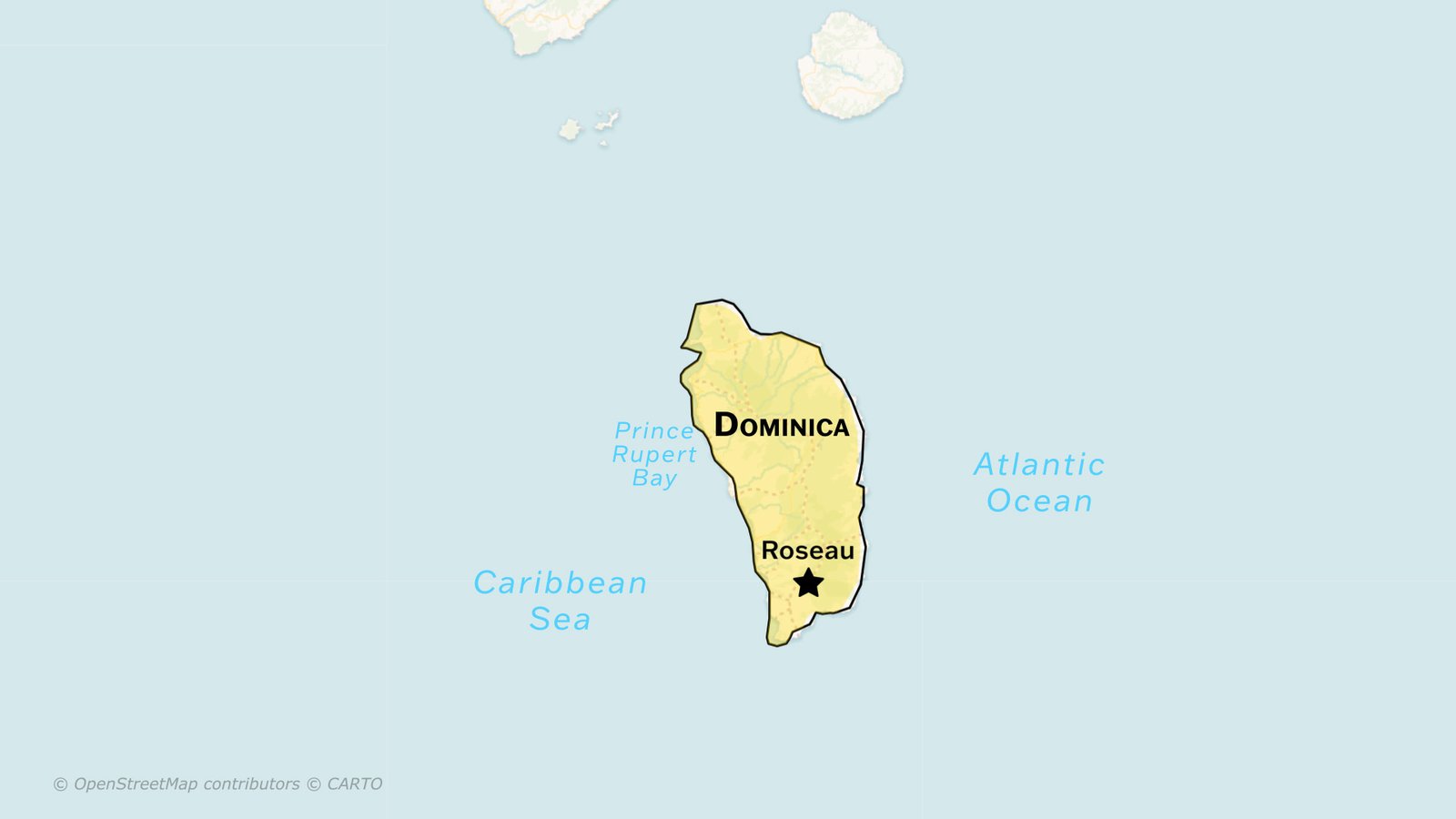When we think about the medieval age, many people imagine knights, castles, and kings. But the truth is, the Middle Ages also carried some very dark secrets that were hidden behind the walls of kingdoms and churches. Some of these secrets show us just how strange and sometimes cruel life could be back then.
Below, we will uncover five of the most shocking and little-known truths from medieval history that many people still don’t know today.
The truth about medieval medicine 🩸
In the Middle Ages, people didn’t really understand how the human body worked. Modern science was not yet developed, so treatments often did more harm than good. Bloodletting was one of the most common “cures.” Doctors believed that sickness came from having too much blood in the body. To fix this, they cut veins or used leeches to drain blood. Sadly, this often weakened the patient even more.
Another strange practice was using crushed insects, animal parts, or even human remains in medicine. For example, powdered mummy remains were sold in Europe as a cure for headaches and stomach problems. Can you imagine that? What makes this even darker is that much of this medicine was mixed with religious beliefs—so people trusted it without question.
| Medieval Cure | What it Was | Why It Was Dangerous |
|---|---|---|
| Bloodletting | Cutting veins or using leeches | Caused infections, weakness, and sometimes death |
| Powdered Mummy | Ground human remains | Spread diseases and had no real effect |
| Herbal Mixtures | Plants mixed with animal parts | No tested doses, could be poisonous |
Secret torture chambers in castles 🏰
Medieval castles were not just homes for nobles—they also had dungeons and torture chambers. These were hidden in underground rooms or behind thick walls. Many prisoners were not only locked up but also tortured in horrifying ways.
Devices like the rack (which stretched the body), the iron maiden (a coffin with spikes inside), and the wheel (where people were tied and broken bone by bone) were used to scare enemies or force confessions. The dark part is that many of those who were tortured were not real criminals. They were sometimes innocent people accused of witchcraft, political rivals, or just peasants who couldn’t pay taxes.
Even though rulers claimed it was “justice,” it was often just a way to keep power through fear.
The hidden role of poison in politics ☠️
Assassinations were not always done with swords and battles. Poison was a silent weapon used in royal courts. Some powerful families used it to remove rivals without causing public scandal. For example, slow poisons were slipped into wine, bread, or even medicines, making it look like a natural death.
The Borgia family in Italy became infamous for their use of poison. Rumors said they used a special liquid called cantarella, which could kill without leaving many traces. Of course, not every story is proven true, but records suggest that political poisoning was more common than people realize.
It’s chilling to think how many royal dinners may have ended with a smile in public but death in private.
The hidden life of medieval peasants 🌾
We often hear stories about kings and knights, but peasants made up almost 90% of the population. And their lives were much darker than history books usually show. Most peasants lived in small wooden huts with mud floors. Families often shared the same room with animals for warmth. Bathing was rare, so diseases spread easily.
What makes this darker is the system of serfdom. Many peasants were basically trapped on the land they worked. They had to give part of their harvest to the lord of the land, pay taxes, and even ask permission to marry. If they tried to escape, they could be punished harshly.
So while castles sparkled, most common people lived lives of hard labor, hunger, and little hope for freedom.
The secrets of the Black Death 🦠
The Black Death of the 14th century was one of the darkest chapters in medieval history. This plague killed almost half of Europe’s population in just a few years. But behind the horror of disease, there are also some chilling secrets.
First, many people didn’t understand germs or infections. They thought the plague was a punishment from God or caused by “bad air.” Because of this, they turned on innocent groups like Jews, blaming them for poisoning wells. Entire communities were wiped out by mobs.
Second, the way bodies were handled shows how overwhelmed society was. Mass graves were dug, sometimes with hundreds of corpses piled together. In some cities, carts went from street to street, collecting the dead.
The darkest truth is that the Black Death also changed society forever. With so many peasants dead, lords had fewer workers. This forced them to give survivors better wages and more rights. In a way, out of tragedy came the beginning of social change.

Quick comparison of medieval dark secrets
| Dark Secret | Who Suffered Most | Why It Was Hidden |
|---|---|---|
| Dangerous Medicine | Sick patients | Lack of science, blind faith in tradition |
| Torture Chambers | Prisoners, peasants, accused witches | Used to maintain fear and power |
| Poison in Politics | Rivals, nobles | Disguised as “natural death” |
| Life of Peasants | Farmers and serfs | Focus on kings/knights in records |
| Black Death | Entire population | Ignorance and superstition |
FAQs
Q1: Were all medieval doctors harmful?
Not all. Some monks and herbalists helped patients with natural remedies that actually worked. But without real science, most treatments were based on guesswork.
Q2: Did every castle have torture chambers?
No. Some castles used simple prisons. But many powerful lords had hidden rooms designed for punishment.
Q3: Was poison really that common?
While not every royal family used it, records and rumors from Italy, France, and England suggest it was a common silent weapon in politics.
Q4: Did peasants ever escape their lives as serfs?
Yes, but rarely. Some managed to move to cities where they could become free after a number of years. Wars and plagues also gave them more chances to demand freedom.
Q5: Could the Black Death happen again?
Diseases can spread fast, but modern medicine and hygiene make another Black Death unlikely. However, pandemics are still a global risk.
Final Thoughts
The medieval age was not only about knights and battles—it was also about secrets hidden in dark corners of history. From cruel medicine to secret poisons, from the misery of peasants to the fear of the plague, these stories remind us that the past was not always as romantic as fairy tales suggest.
Sometimes, the real lessons come not from glory, but from the shadows.







